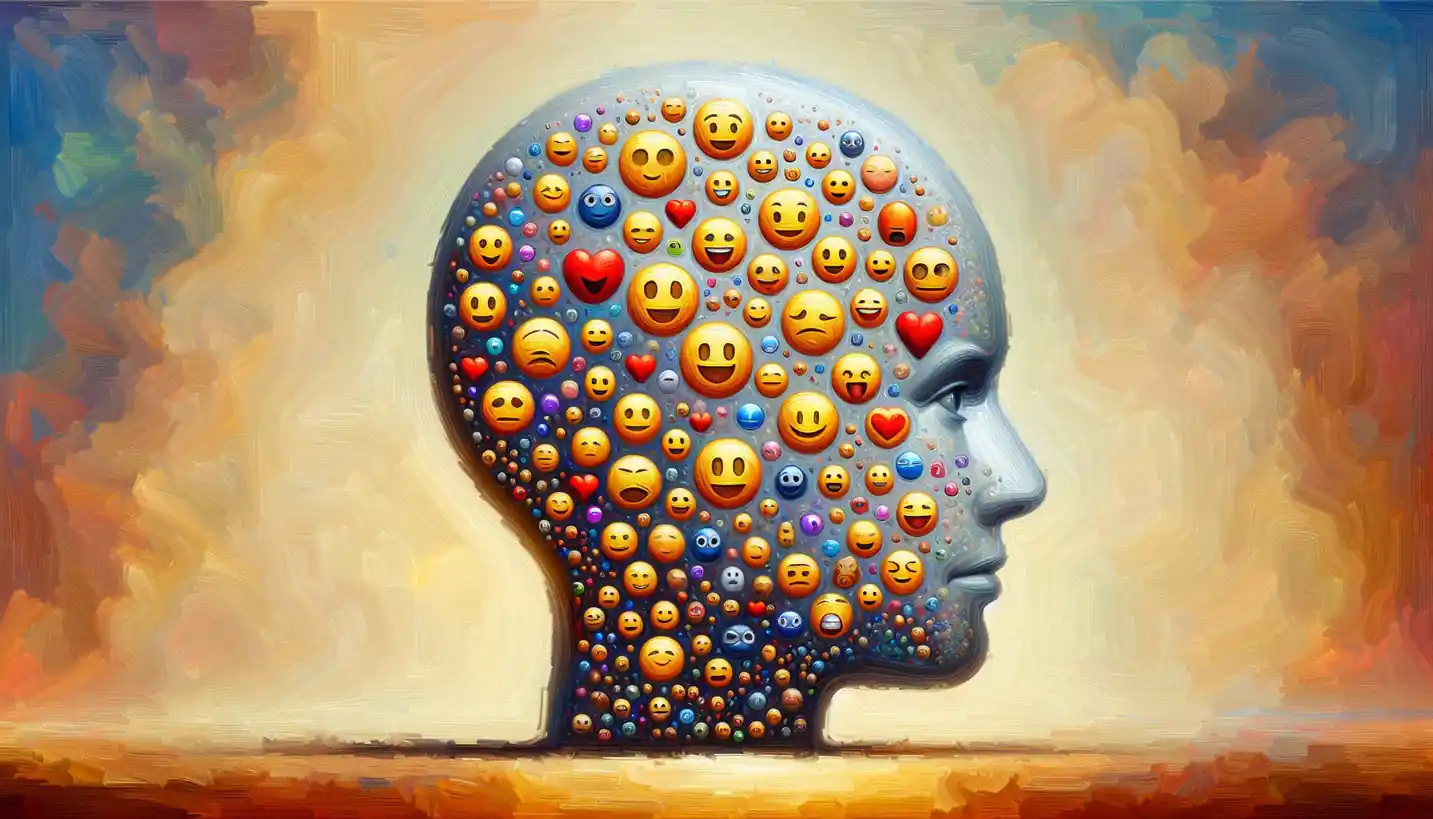· Psychology · 4 min read
Standardized Testing: Understanding Its Role in School Psychology
Standardized testing plays a significant role in educational assessments. Uncover its purpose and how it helps determine a student's academic progress.

Picture this: students across the country sitting quietly in rows, pencils in hand, and the infamous ticking clock marking time as they tackle a standardized test. It’s a familiar scene, and one that’s been a staple in the education system for years. But why exactly do these tests matter, and how do they fit into the broader field of school psychology? Let’s delve into this topic to uncover the layers behind standardized testing.
What is Standardized Testing?
Standardized testing involves assessments that are administered and scored in a consistent manner. These tests are designed to measure a student’s performance against a common set of criteria, allowing for comparisons across different groups of students. They’re like a uniform yardstick that schools use to evaluate educational achievement.
The Role of Standardized Testing in Education
These tests serve a variety of purposes. Primarily, they help educators assess the effectiveness of their teaching methods and curricula. Schools use the results to make decisions about student placement, progress, and even resource allocation. When you think about it, standardized tests offer a snapshot of how well a school is fulfilling its educational mission.
How Does School Psychology Link to Standardized Testing?
In the world of school psychology, standardized tests are invaluable tools. Psychologists use them to understand learning problems, emotional issues, and even personality characteristics of students. By analyzing the results, school psychologists can identify students who might need extra help or those who exhibit exceptional abilities. It’s like having a magnifying glass to spot underlying issues that aren’t immediately visible.
A Historical Perspective
Believe it or not, standardized testing has a rich history. It dates back to the early 20th century when the U.S. Army used tests to assess recruits during World War I. Over time, these tests found their way into schools. Today, they’ve evolved into sophisticated tools that continue to shape the educational landscape.
Pros and Cons of Standardized Testing
Now, let’s weigh the good and the bad. On the one hand, standardized tests provide an objective measure of student performance. They can highlight academic strengths and weaknesses clearly. This uniformity helps ensure fairness, as all students are judged by the same standards. Furthermore, these tests can lower the barriers that potential biases might erect in subjective assessments.
However, the drawbacks are worth noting. Critics argue that standardized testing can lead to a narrow focus in education, as schools might “teach to the test,” neglecting other valuable skills and knowledge. There’s also the stress factor for students, which can sometimes overshadow real learning and growth. These tests are like a double-edged sword, offering both insights and challenges.
Alternatives to Standardized Testing
Given the criticisms, it’s no surprise that educators and psychologists are exploring alternatives. Project-based assessments, portfolios, and teacher assessments offer more holistic approaches to evaluating student learning. These methods give a fuller picture of a student’s strengths and areas for growth, though they lack the objectivity shell that traditional tests provide.
The Future of Standardized Testing in School Psychology
Looking ahead, how might standardized testing evolve? One possibility is the integration of technology, making tests more interactive and adaptive to individual needs. Imagine a test that adjusts its difficulty based on a student’s performance, providing a more accurate measure of ability. There’s also the potential for artificial intelligence to analyze data, delivering deeper insights into student performance.
Moreover, there’s a growing focus on creating tests that measure not just academic skills, but also emotional and social learning. This shift recognizes the complex nature of intelligence and the importance of developing well-rounded individuals.
The Importance of Understanding Standardized Testing
Understanding standardized testing is crucial in education, as it affects teachers, students, and policymakers alike. For educators, it informs teaching strategies and highlights areas where students may require additional support. For students, it serves as a milestone of progress and areas for improvement. And for policymakers, the results help guide educational reforms and investments.
In school psychology, these tests are even more significant. They provide critical data that help psychologists support students’ emotional and psychological needs. It’s about painting a complete picture of a student’s capabilities, allowing for tailored support and intervention.
Final Thoughts
So, the next time you hear about standardized testing, remember there’s more than meets the eye. It’s not just about filling in bubbles on an answer sheet. It’s about creating a baseline for understanding education and student needs on a broad scale. While these tests have their pitfalls, they also provide invaluable insights that help shape the future of education.
As we move forward, the challenge lies in balancing these insights with a more comprehensive view of student development. By doing so, educators and psychologists can create a supportive environment where all students have the opportunity to succeed. Isn’t that a goal worth striving for?


